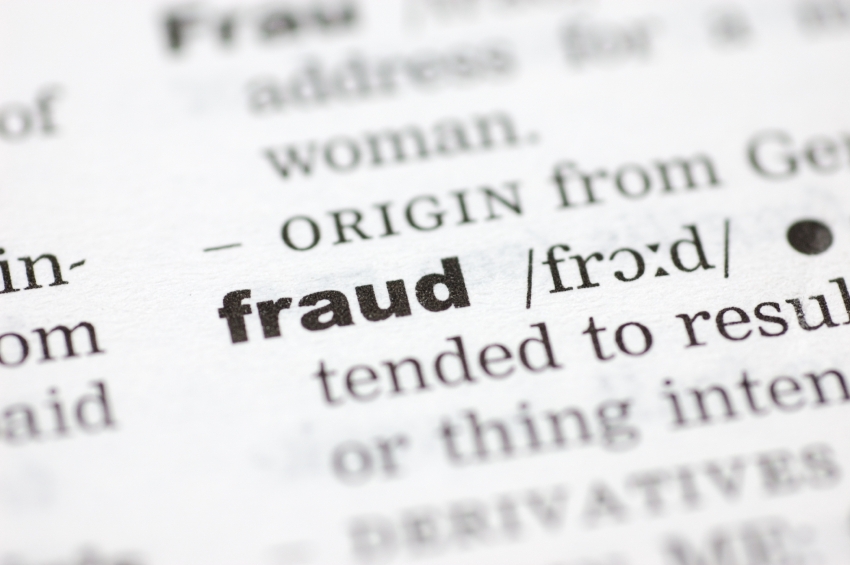Advertisement
FinCEN Seeks to Stamp Out Mortgage Fraud Among GSEs

The Financial Crimes Enforcement Network (FinCEN) has announced that it has proposed regulations that would require the government-sponsored enterprises (GSEs)—Fannie Mae and Freddie Mac—to develop anti-money laundering (AML) programs and file suspicious activity reports (SARs) with FinCEN. The GSEs currently file fraud reports with their regulator and conservator, the Federal Housing Finance Agency (FHFA), which then files SARs with FinCEN when the facts in a particular fraud report warrant a SAR under FinCEN's reporting standards. The proposed regulations would require that the GSEs file SARs directly with FinCEN, which will help streamline the reporting process, provide law enforcement with quicker access to data about potential fraud, and result in the reporting of a wider range of suspected financial crimes.
The comment period will be open for 60 days from the date of publication in the Federal Register.
"This action is another step to help restore the integrity of the mortgage market," said FinCEN Director James H. Freis Jr. "Providing law enforcement with quicker access to data about potential financial crimes will help them better hold illicit actors accountable for mortgage fraud and other scams."
FinCEN closely coordinated this proposal with the FHFA, to which FinCEN would delegate responsibility for examining the GSEs with compliance for the regulations. FinCEN anticipates that new AML and SAR programs can be efficiently and effectively integrated into the GSEs' existing anti-fraud policies, procedures and training programs.
"This is a positive step and we are pleased to work with FinCEN on this project," said FHFA Acting Director Edward J. DeMarco. "The proposed rule will streamline the process and build on the efforts of FHFA and the GSEs to support law enforcement in its important work to fight mortgage fraud."
Another important benefit to the GSEs of developing an AML program and filing SARs directly with FinCEN is that the GSEs, including their directors, officers, and employees, will become subject to the Bank Secrecy Act's (BSA) "safe harbor" provisions, which are intended to encourage financial institutions to report suspicious activities without fear of liability from lawsuits by SAR subjects.
FinCEN has placed combating mortgage loan fraud and related criminal activity as one of its highest priorities over the past five years. FinCEN has a pending rule to apply AML program and SAR reporting requirements with respect to non-bank mortgage lenders and originators and has released quarterly mortgage loan fraud reports to track the type and number of suspected fraud.
About the author





